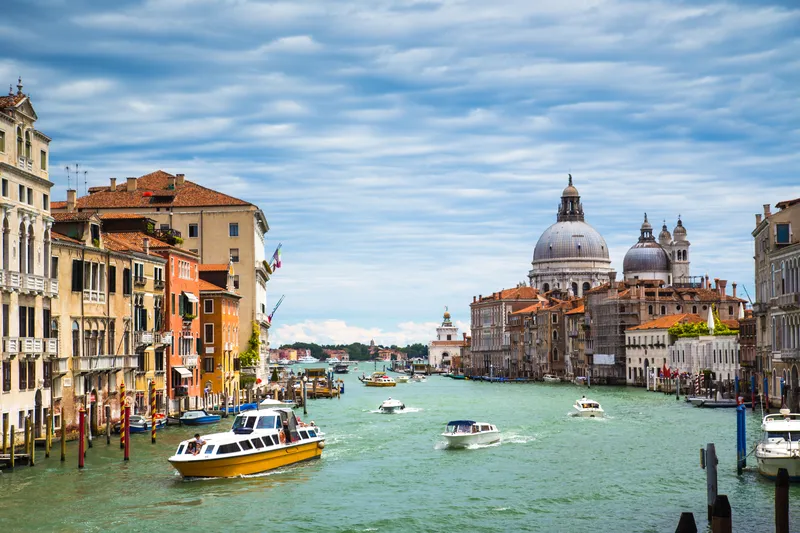The Abu Dhabi Department of Transport (ADDoT) has announced that drivers can use its new toll gate system for free until 1 January, 2020.
November 5, 2019
Read time: 1 min
ADDoT is hoping the testing period will provide drivers with more time to plan the best travel times and explore transport alternatives.
ADDoT says electric vehicles will not be charged for the first two years once fees are implemented. Senior drivers and low-income earners will also be exempt from the tariff.
Drivers of privately-owned vehicles will receive monthly caps after activating the toll gates, starting with AED 200 (£42) per month for the first vehicle, AED 150 (£31) for the second and AED 100 (£21) for each additional vehicle. Daily charges will be capped at AED 16 (£3) per car.
The toll gate system is one of the Abu Dhabi government’s land transportation projects, aimed at reducing carbon emissions and congestion.








